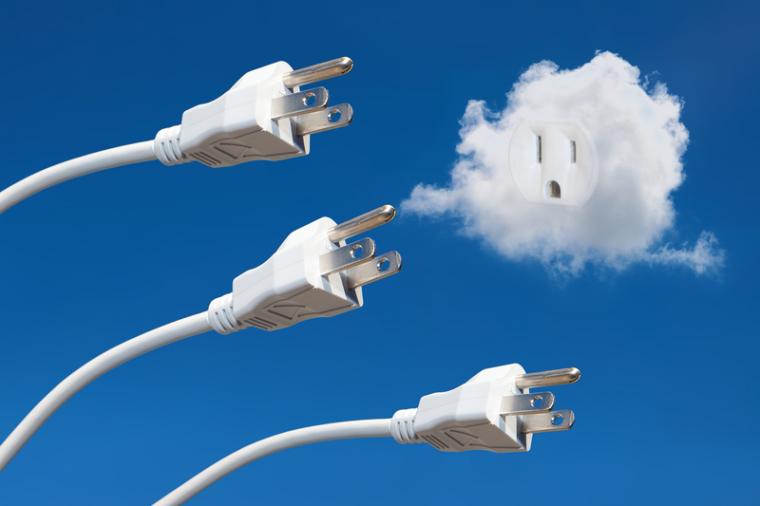
Managing food waste is about to become much easier and more sustainable for Maryland businesses and organizations. A new anaerobic digestion facility in Howard County will help reduce greenhouse gas emissions in the state, while also creating renewable energy and new jobs for local residents.
Bioenergy Devco, a waste management company, is the face behind the new facility located near the Maryland Food Center campus in Jessup. But for those not familiar with the energy industry, the term “anaerobic digestion” is likely one that they have not heard before.
"Think of what we do as creating an industrially-sized cow stomach," said Shawn Kreloff, CEO of Bioenergy.
The company explains anaerobic digestion as the natural breakdown of organic materials “in the absence of oxygen.” The decomposing happens in completely closed-off containers, where microorganisms get to work on breaking down organic matter. The process is very similar to composting, only without the presence of oxygen. The methane gases created during this process are collected in the containers, which keeps them out of landfills and the atmosphere.
The organic material, in this case, is food waste. Once the food ferments, a pipeline-grade renewable natural gas is produced, as well as a nutrient-rich substance that can be used in place of compost or mixed in topsoil.
This step-by-step process brings us back to the location of Maryland’s newest and largest anaerobic digestion facility. The site is adjacent to the Maryland Food Center, which is comprised of dozens of the state’s wholesale food distributors and distribution centers, including Edward G. Rahll & Sons, Hungry Harvest, and Congressional Seafood. With new legislation requiring businesses to divert food waste from landfills and incinerators, the facility is guaranteed to make a tremendous impact in Maryland.
By locating itself within the center of these companies, Bioenergy takes the lead in a sustainable and cost-effective process to produce an alternative energy source for heat and electricity, and will prevent nearly 125,000 tons of landfill waste per year. The site is expected to provide enough energy to power 4,800 homes throughout the area, with BGE helping distribute the natural gas. Bioenergy will also create up to 50 new jobs in the region.
“We are excited to offer a more efficient and environmentally responsible path for large-scale organic recycling. We are honored to have our flagship facility here in the state where the community and its leaders understand that what’s good for the environment can also be good for business,” Kreloff said in a statement.
To assist the company with the project, the Maryland Department of the Environment provided key regulatory support, and the Maryland Energy Administration (MEA) granted more than $460,000 from its Combined Heat and Power (CHP) Grant Program. According to the agency, the funds will help Bioenergy Devco install a CHP system at the facility, which will provide the heat and electricity needed for the anaerobic digestion process. CHP systems allow companies to use one single source of fuel to produce electricity and heat energy for operations, which limits its dependence on traditional energy sources and grid electricity.
“This project simultaneously addresses renewable energy, greenhouse gas reduction, and environmental goals by utilizing food waste that would otherwise end up in a landfill,” said Mary Beth Tung, director of the energy administration. “MEA has and continues to embrace innovative energy solutions like the Biodevco project as we work to bring cleaner, more affordable, and more reliable energy to all Marylanders.”
